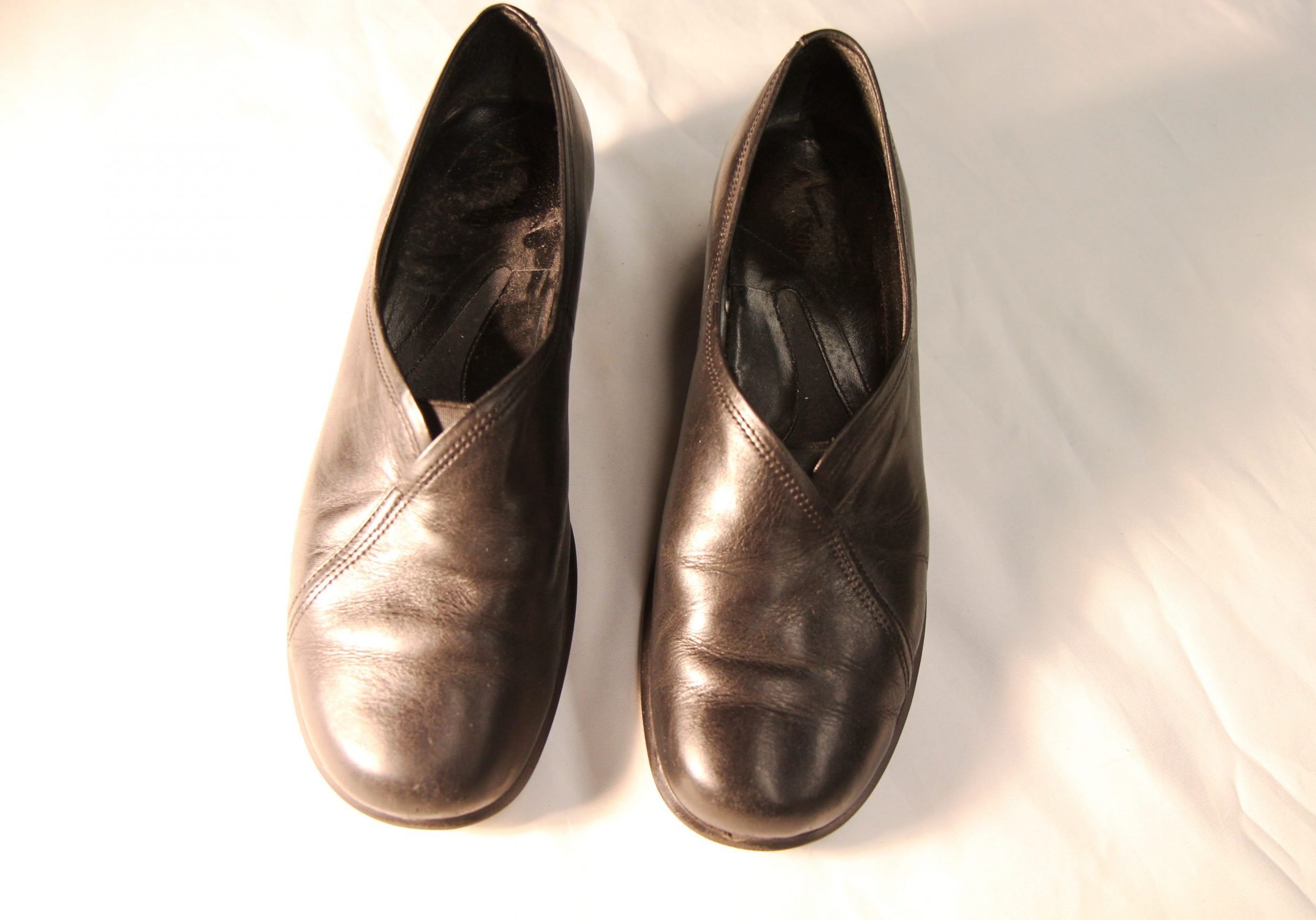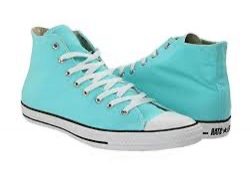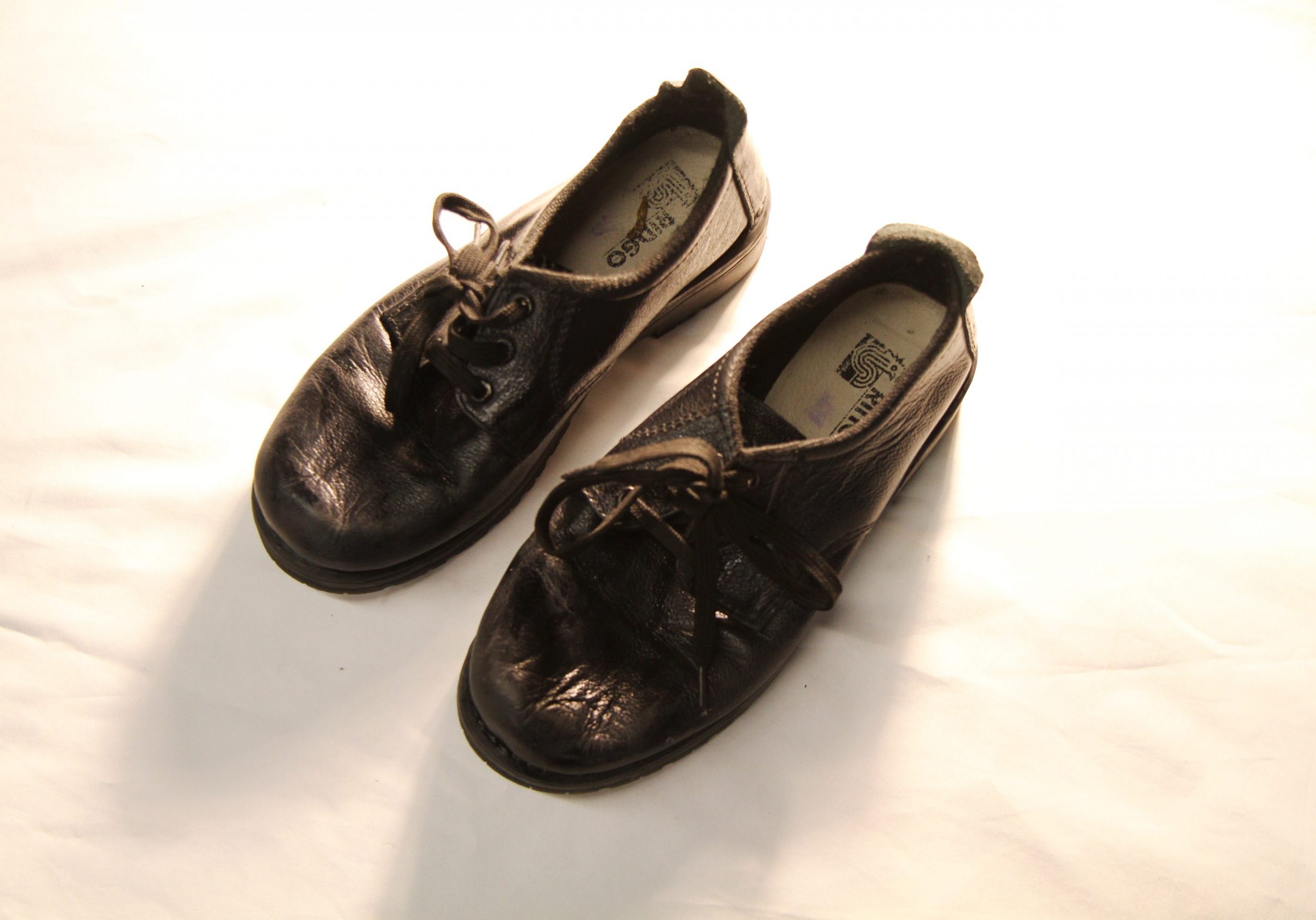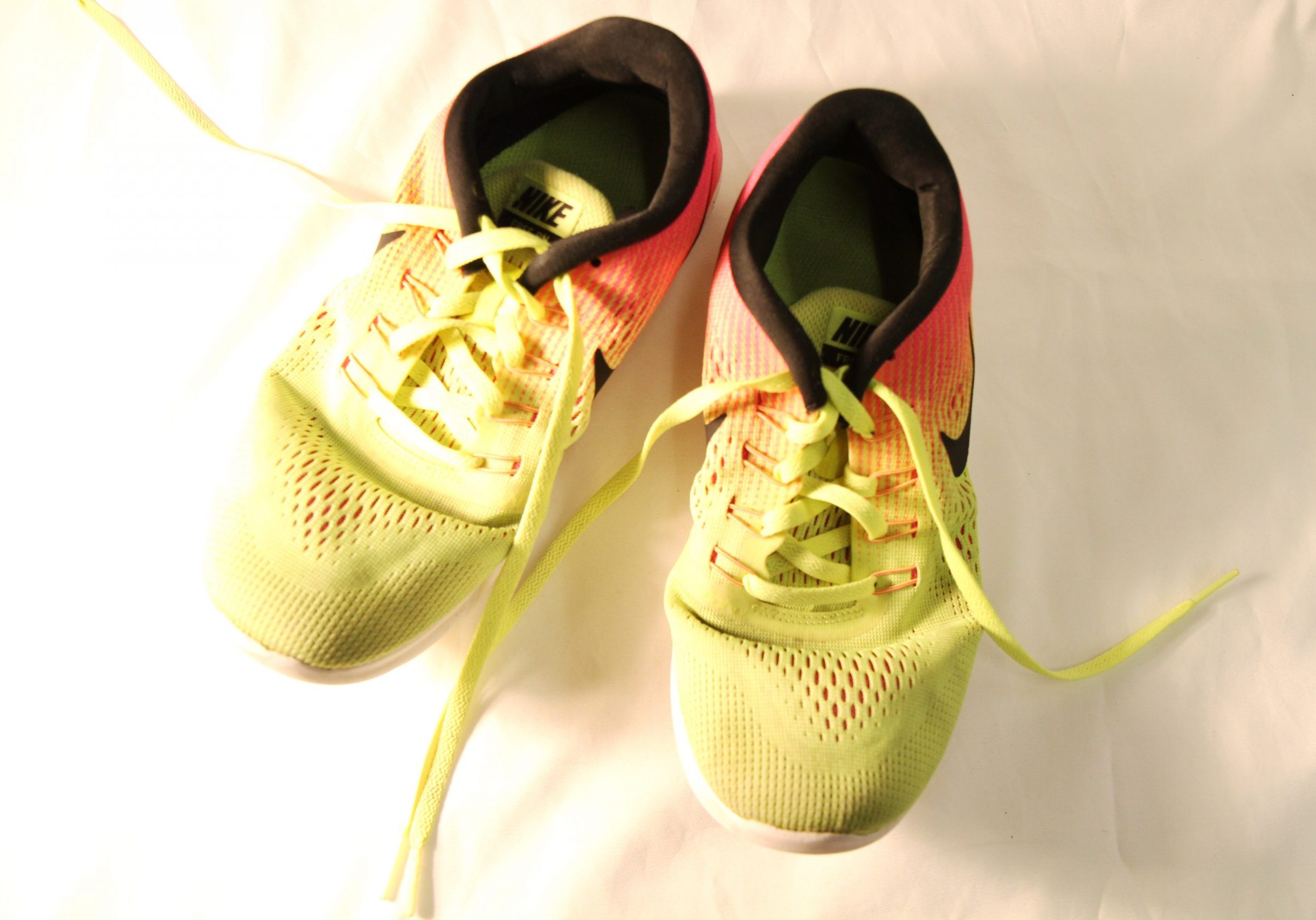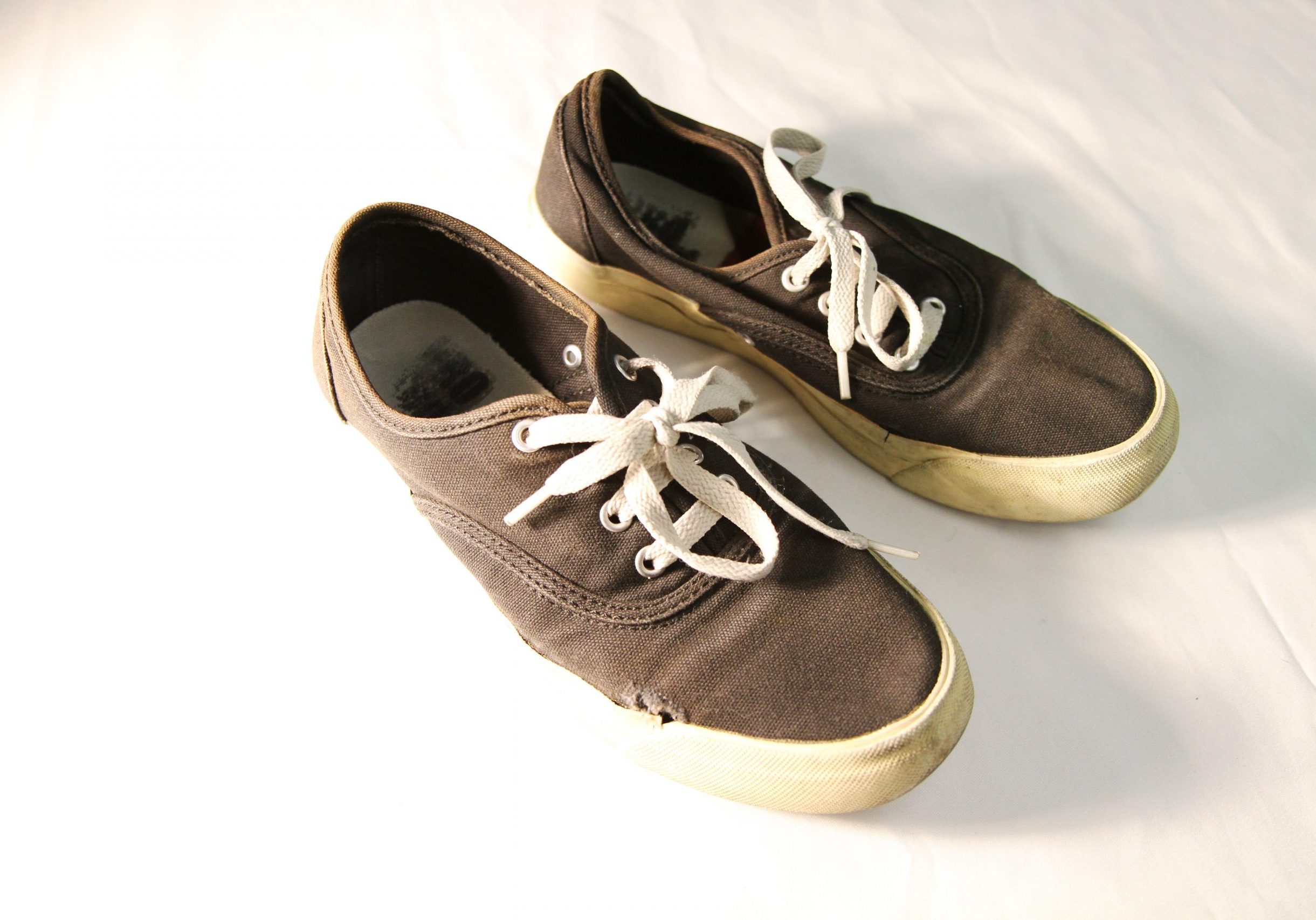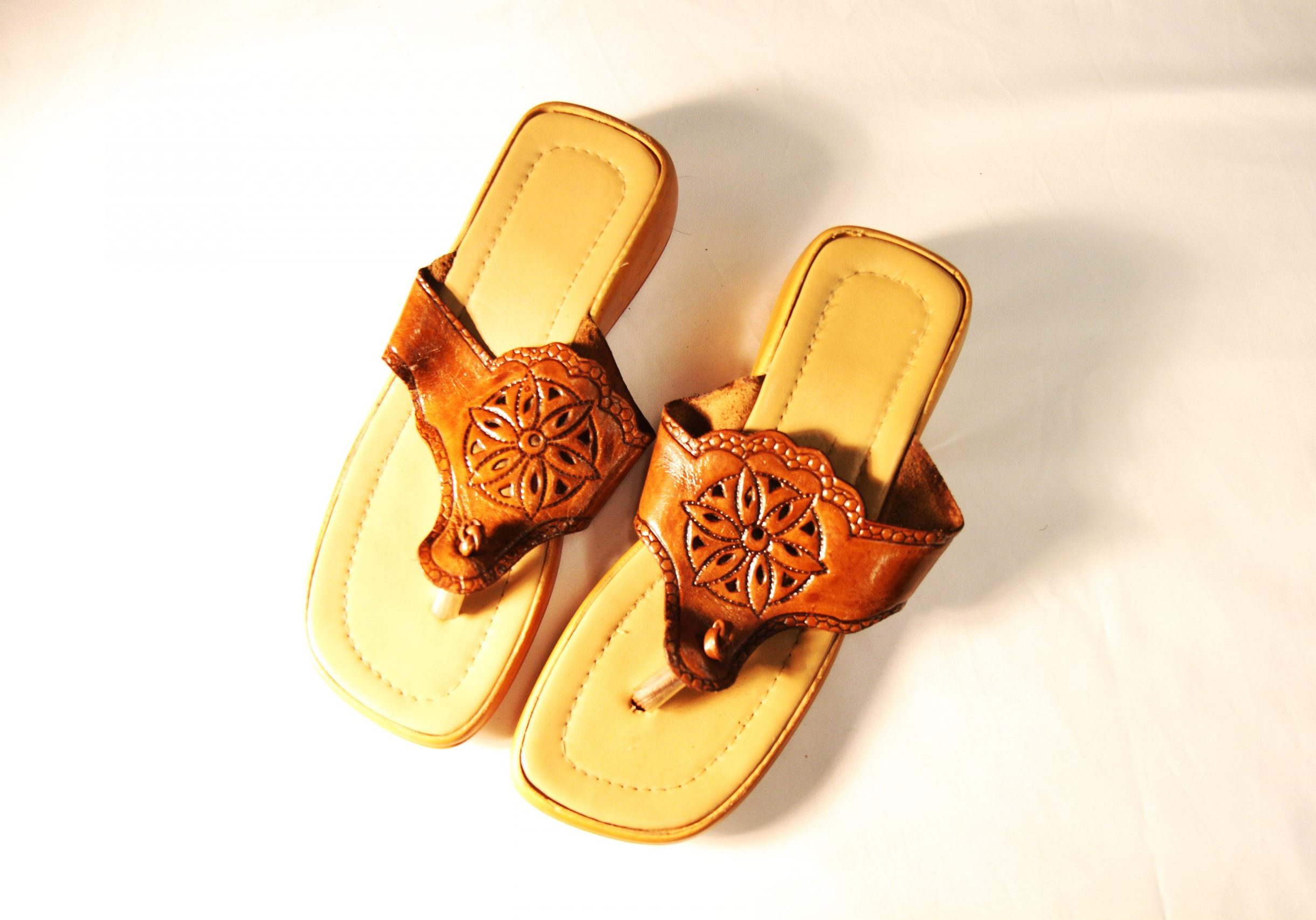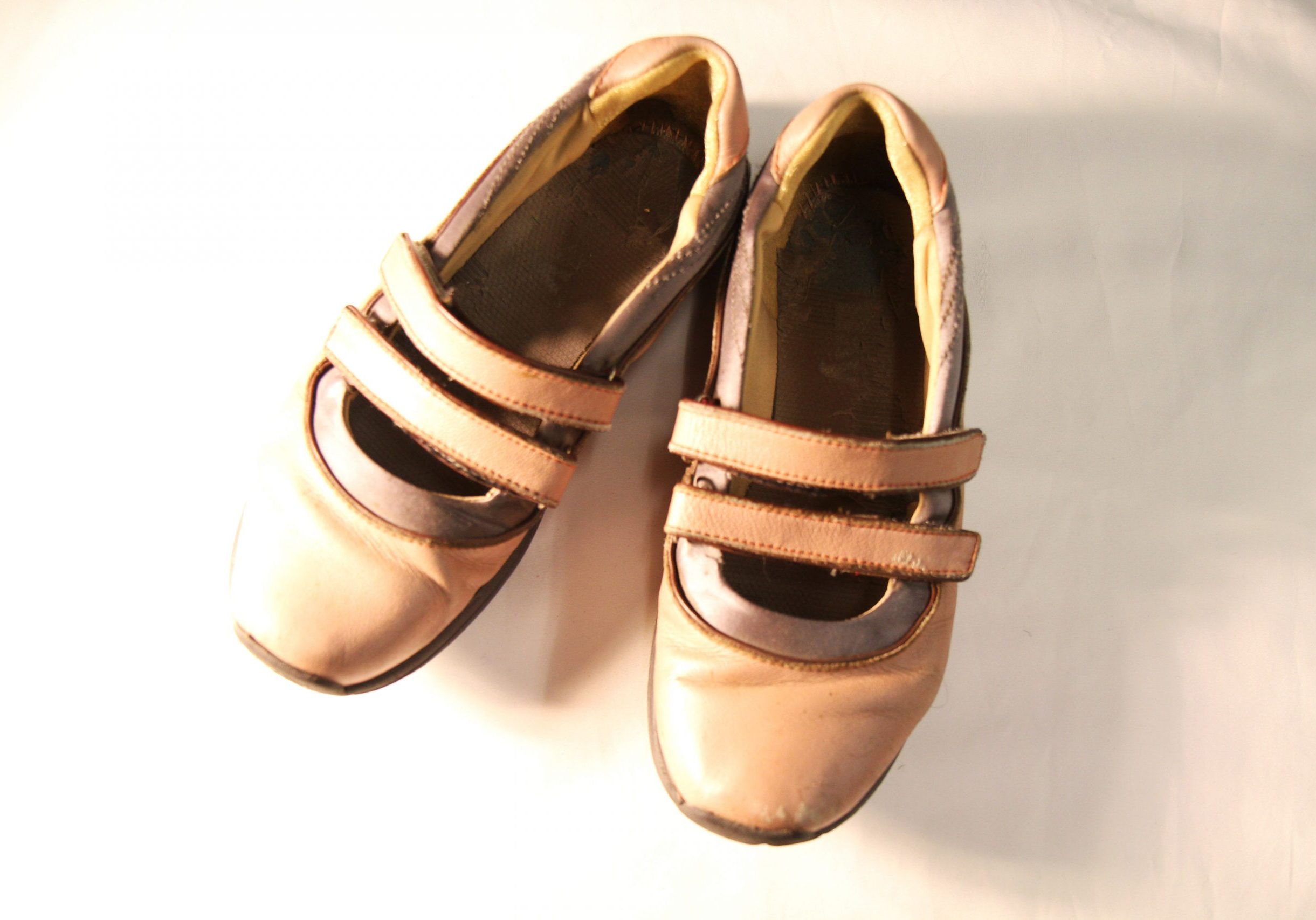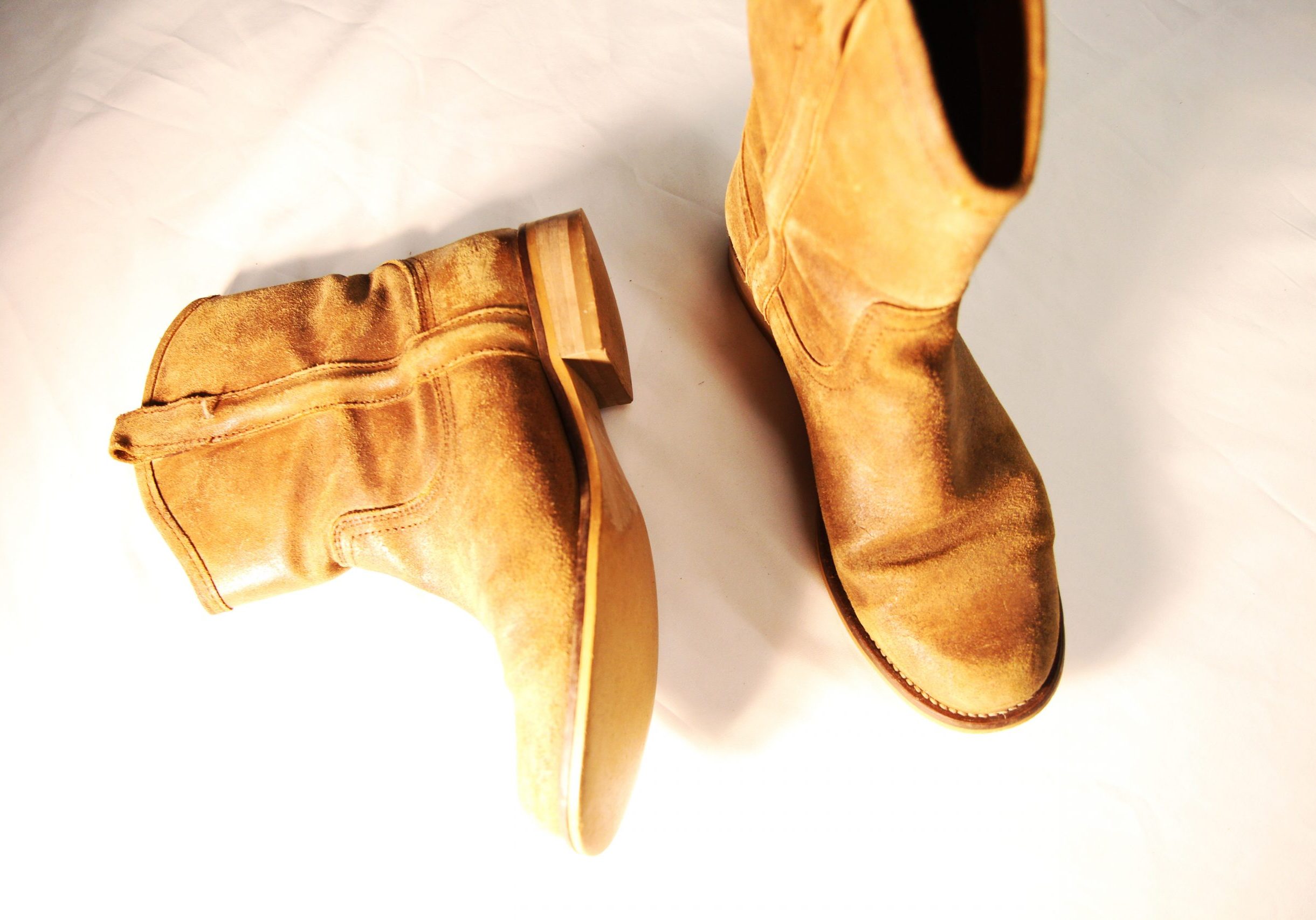Walking in My Sandals to Freedom
Akberet Beyene
Summary:
I come from a small country called Eritrea, in the Horn of Africa, which has been known more for war over the last few decades than peace. Plastic sandals worn by the freedom fighters have a unique place in the Eritrean psyche. They also took me on my long, arduous journey to freedom.
Story:
My plastic sandals meant a great deal to me, as they do to anyone from Eritrea. Eritrean freedom fighters won a 30-year war for self-determination wearing them. When the war was over, the plastic sandals became a symbol. There is even a statue of this pair of shoes on one of the main streets in Asmara. And so they were my natural choice for my own flight to freedom.
I knew it was a long and dangerous walk across the desert into Sudan, 4 to 5 days and nights. I had to dress lightly and pack only the most necessary things for my trip. My sandals were well-worn already from my travels as a journalist all over Eritrea. During one long trip, the left sandal broke and was expertly repaired with a piece of melted plastic. I didn’t want to buy a new pair. I preferred the familiar sandals. They had always done a perfect job.
I began my walk. It was so hot that the rigid plastic softened. The sandals could not protect me. My feet bled, and the sand made the pain unbearable. The last two days were so terrible I almost doubted the choice I made.
At last, I made it to safety in Khartoum, where I had to wait a couple more months for a smuggler to arrange my escape to Canada. Eventually, the man showed up, but to my great dismay, he told me that I could not wear my plastic sandals as the weather was cold where I was going. Also, they looked too shabby. “It’s better if you use those.” He pointed to a pair of shoes under the bed, Adidas covered with dust. I did not want them. My sandals and I had seen many places and experienced difficult times. I trusted them, but I had no other option but to listen to the man.
A taxi came to pick me up from my cage. I closed my eyes from fear. If my documents were questioned, I might get turned back. On the other hand, I was sad, too, because I was going far away from my home, not knowing if I would ever be able to return. In my mind, I saw my dear family. I felt so much guilt abandoning my parents in their old age. But then I imagined the security forces taking me back to prison.
These bad thoughts accompanied me to the airport. I was confused, but a fellow traveller helped me pass through security wearing the dirty too-big runners. Then I had a long wait until boarding. I felt crippled by fear, not knowing what would happen. I pressed my palm to my heart because it was beating so fast. I didn’t have the energy to stand without the comfort of my sandals.
The boarding time arrived. I prayed so hard that my head almost exploded. I got to my seat, still worried. The lady who had helped me looked relieved, too, and smiled. “God is great. We made it,” she said. But I was not at peace until the doors of the plane closed and the plane started moving.
Finally, I arrived in Canada. The man had been right – it was cold, but I missed my sandals terribly, even just to look at them or wear them around the house. A few weeks later, a new friend gave me a pair of runners that were my size. I was all too happy to throw the dirty Adidas in the dump. I was ready to start my new life.
AKBERET BEYENE was born in Asmara, Eritrea. Starting at 16 years old, she volunteered for 13 years in Eritrea’s struggle with Ethiopia. After Eritrea gained independence in 1991, she studied journalism and received a Diploma in Mass Communication from the University of Asmara. She further participated in short journalism courses in Germany and the US. For 20 years, she worked for the national TV station in Eritrea, writing and producing documentaries and reporting social, political and health issues related to women and youth. When the dictatorship in Eritrea continued with the relentless persecution of journalists and her life was threatened, she fled to Canada in 2011, leaving her family behind.
